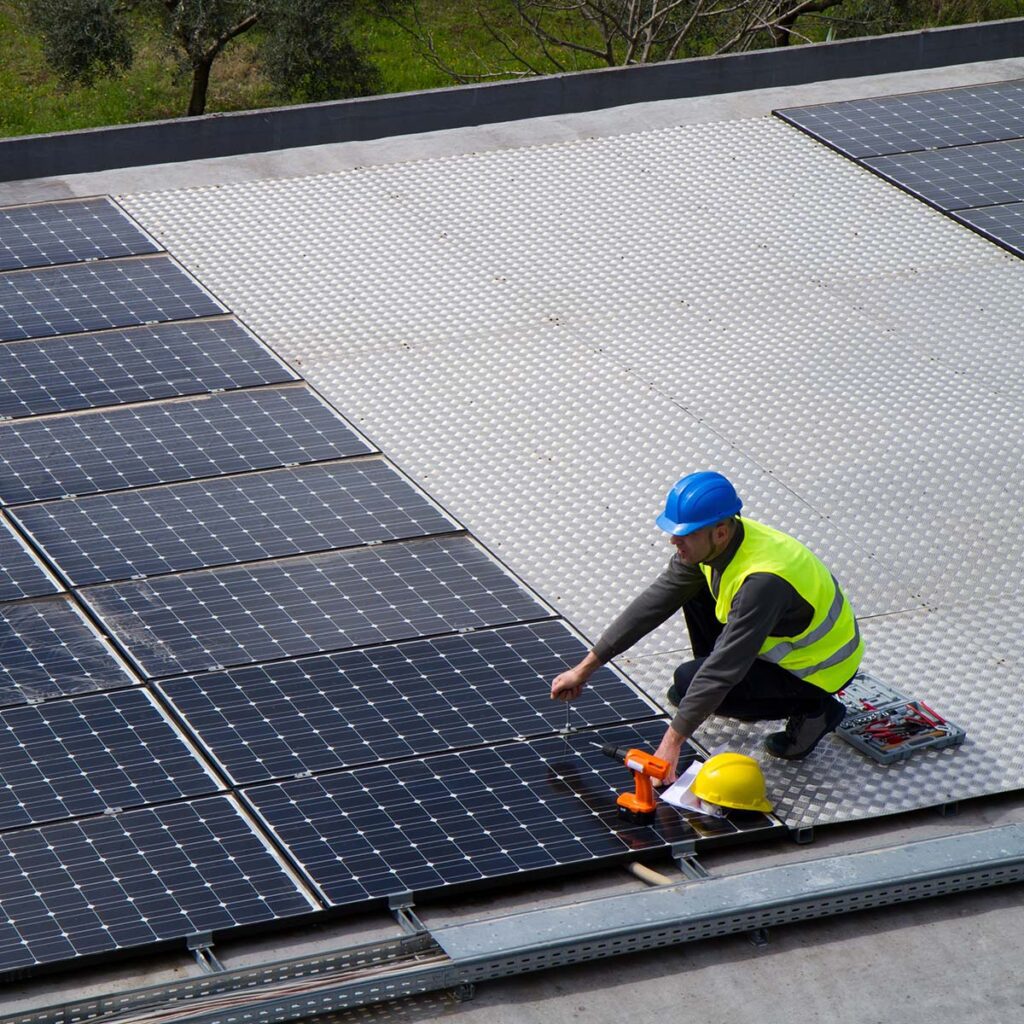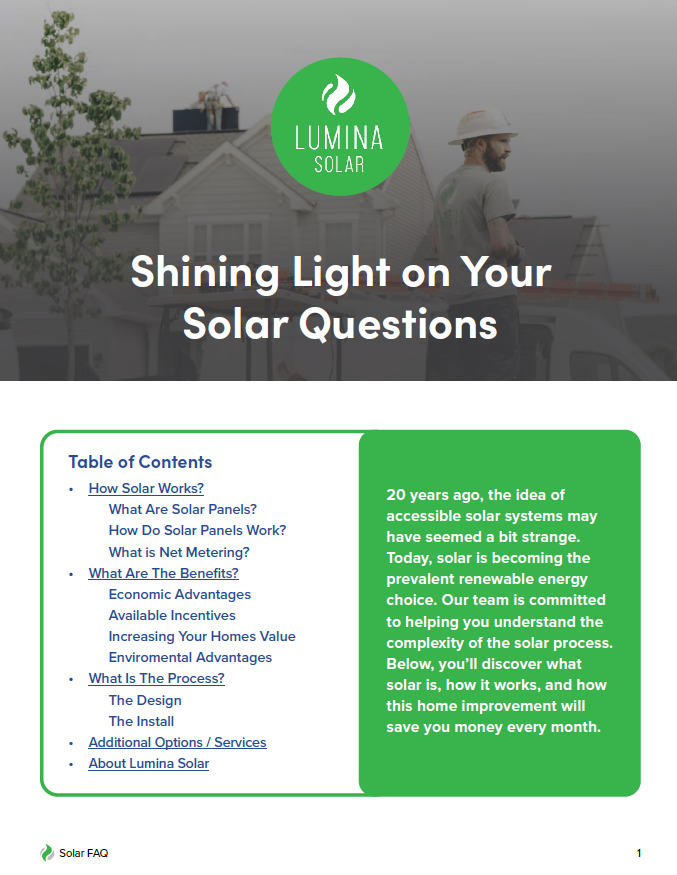In the past few decades, the world has made considerable progress in moving towards a greener and more sustainable practices. Renewable energy alone has increased 42 percent from 2010 to 2020, with solar energy being one of the most efficient and common sources. When deciding if you should make the move to solar energy in 2022, there are many factors to take into account such as the cost, installation process, and the efficiency of the panels themselves. In the 1950’s, some of the first solar panels had only about a 2% efficiency rate, but as the technology rapidly progressed the efficiency increased substantially. So, what exactly is solar panel efficiency?
To break it down, solar panel efficiency is the measurement of a solar panel’s ability to convert sunlight into electricity. Today’s solar panel systems are roughly about 15%-22% efficient, meaning when the sun shines on a solar panel, about 15%-22% of the sun’s energy will be converted into usable energy. There are many different factors that can affect the efficiency of solar panels in 2022, from the materials used to the position and angle of the panels, climate, reflection, temperature, and the amount of shade the panels receive. Let’s explore how these various factors can affect your solar panel’s efficiency in 2022.
Material
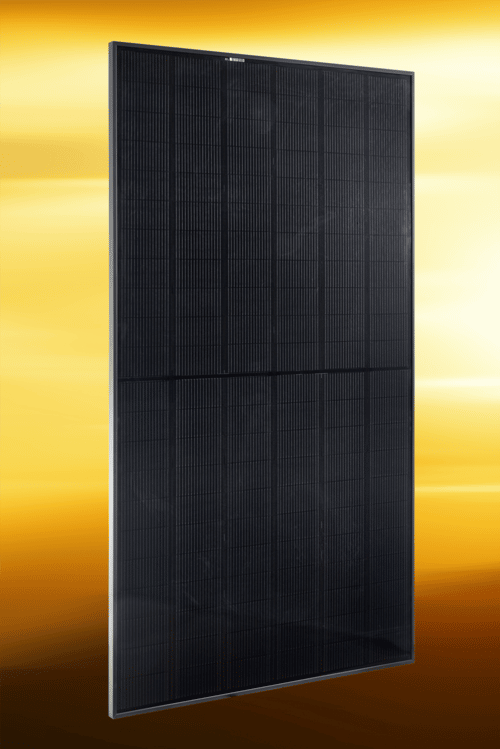
Solar panels are commonly made of monocrystalline silicon, polycrystalline silicon, cadmium telluride, or thin-film. The type of material used greatly impacts the solar panel’s efficiency, as each material converts the sun’s energy differently. Monocrystalline silicon is one of the most common and efficient materials but is also more expensive. What makes this material superior to others is the identical crystalline structure throughout the entire solar panel, which creates a stable layer and consistent efficiency rate.
Position and Angle
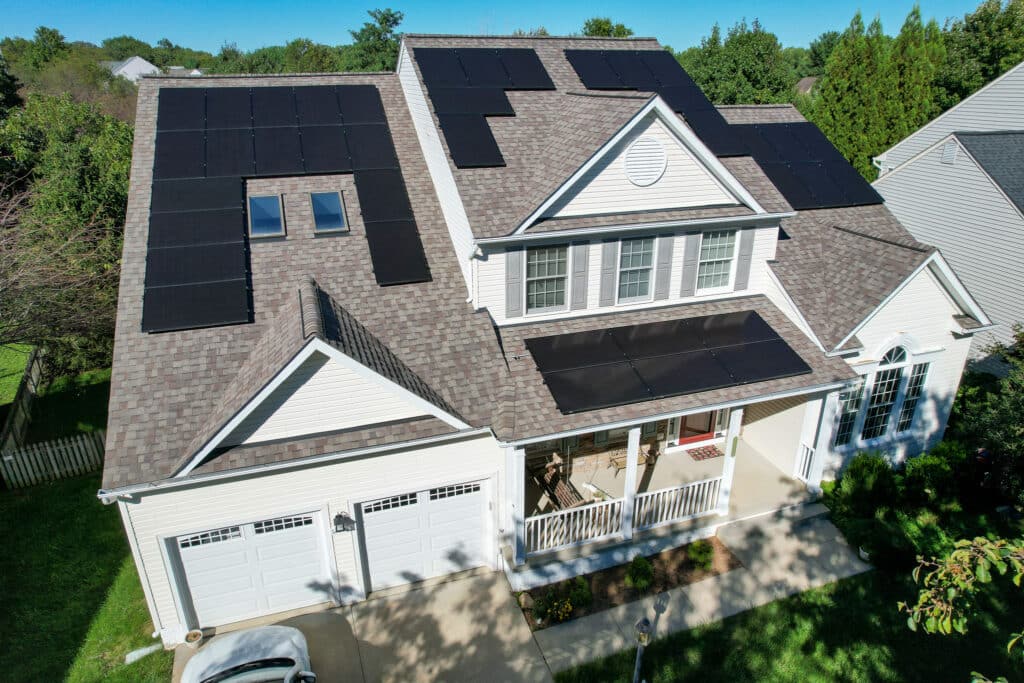
The position and angle of your solar panel can greatly affect the system’s efficiency. Prior to the installation, the position of the sun, the angle of the roof, and the angle of the solar panel will be considered to ensure optimum sun exposure and efficiency.
Shade
Along with position and angle, shade is another important factor that affects your solar panel efficiency. A small amount of shade over a solar panel lowers the overall efficiency because the sun’s full energy is not able to reach the system.
Reflection
The last thing you want your solar panel system to do is to reflect the sun’s rays away from the solar panel. If this happens, it means only a portion of the sun’s energy is able to reach the solar cells below. The layer of glass over top of the solar cells helps to prevent light from reflecting off the surface.
Temperature
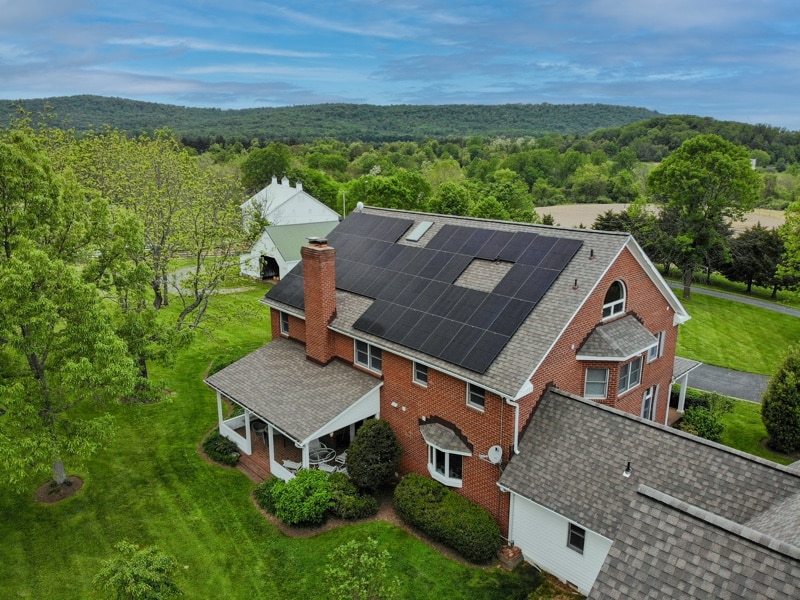
Contrary to what you may think, solar panels are actually less effective in extremely hot temperatures. If your solar panel is overheated it will result in decreased power output and lower efficiency. This is what’s considered a temperature coefficient by manufacturers. To counteract the effects of heat on solar panels, manufacturers will use special thermally conductive materials that help divert the heat away from the system.
Climate
Climate also greatly affects the efficiency of solar panels. With a large volume of snow on panels, its efficiency may take a hit. Luckily, the panel’s angle and smooth surface allows the snow to slide off in most cases. Weather conditions like wind, hail, and ice can also pose a threat to your solar panel system.
The efficiency of your solar panels decreases dramatically if they become damaged.
Age
As with any type of technology, eventually over time solar panels will begin to lose their effectiveness. Generally, solar panels can last about 25-30 years with proper care and maintenance. Once a solar panel reaches this point, the materials will have a harder time converting the sun’s energy into electricity.
Maintenance
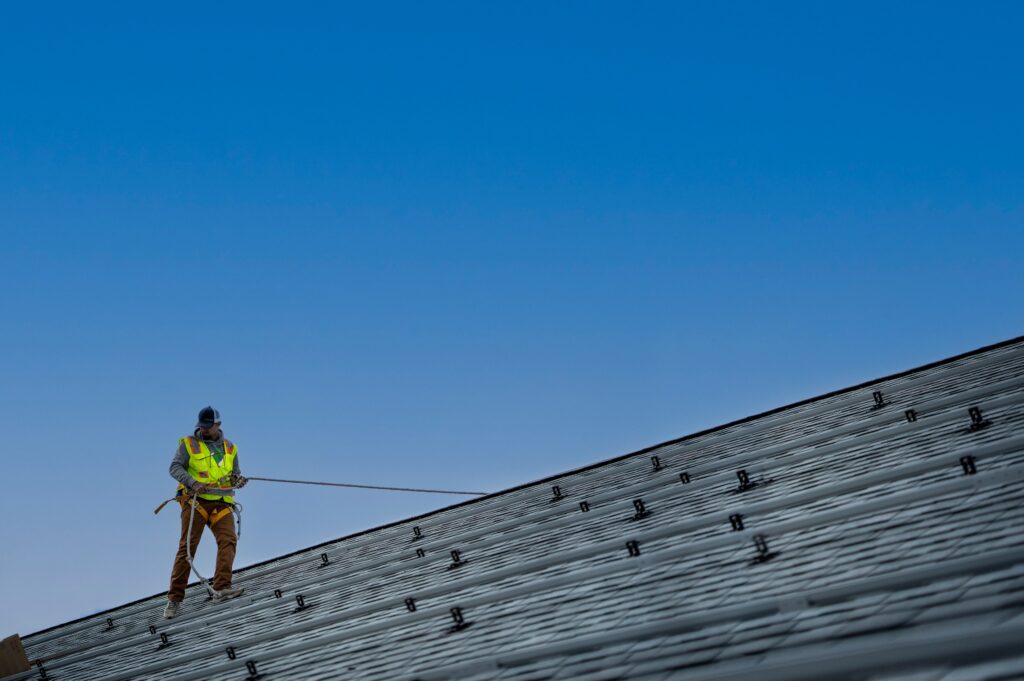
Performing routine maintenance on your solar panel system ensures your panels are operating properly and efficiently providing energy. Branches, leaves, and snow can block the sun from reaching the solar panels which is why it is important to inspect them regularly, especially after a storm.
Over time, solar panels have improved dramatically thanks to technological advances. Solar panels are now 15%-22% efficient and will only increase with time. It is important to consider factors like climate, temperature, reflection, shade, materials, and the position and angle of the solar panels if you are looking to switch to solar energy.
Thankfully, the expert team at Lumina plans all of these factors into our systems to ensure your home or business reaps the most efficiency from its solar setup possible. Contact our team today to learn how going solar can change your energy bills and help preserve our environment.

